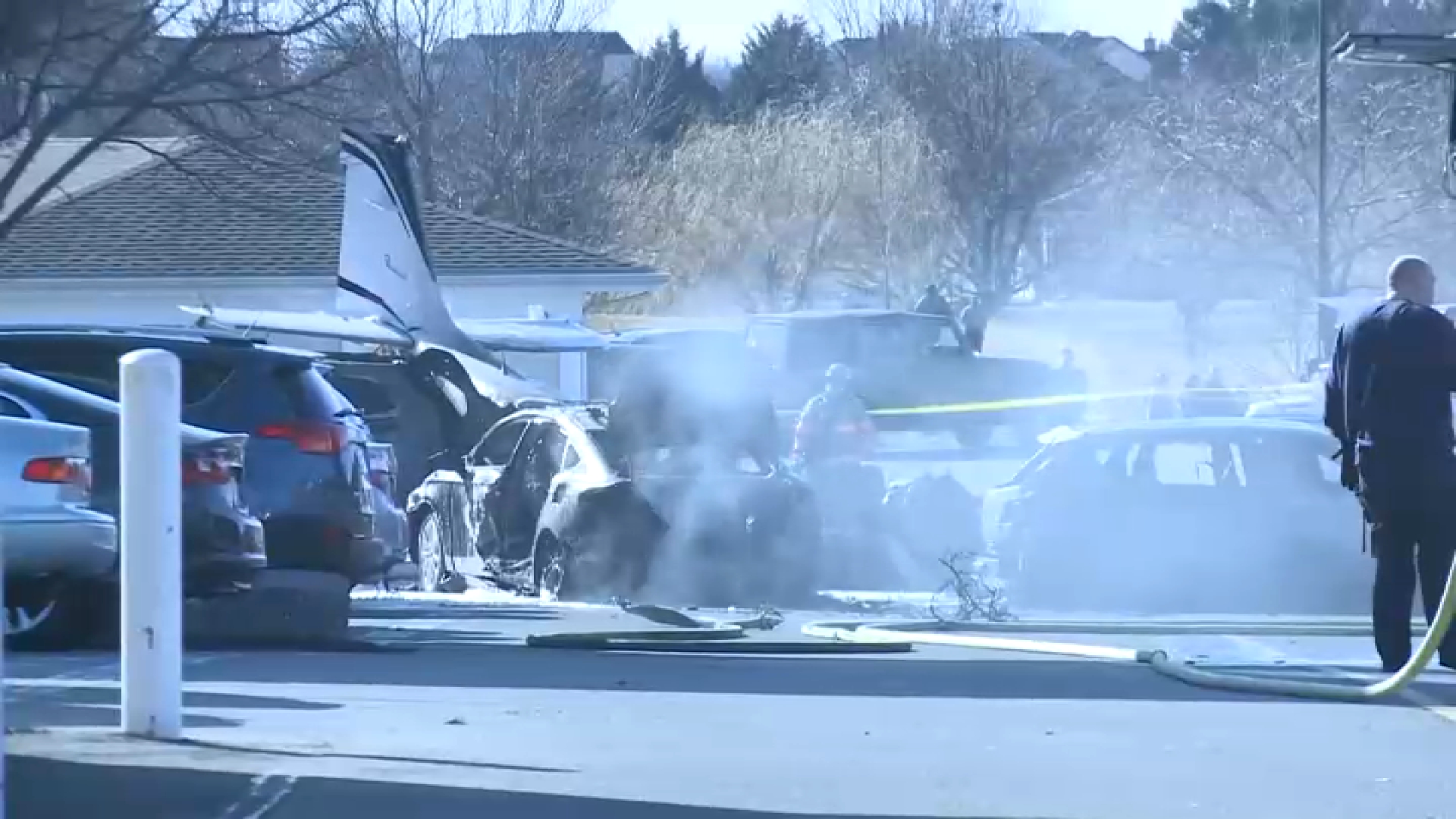NJ Transit commuters are paying more this morning for the first time in nearly a decade. News 4 New York’s Gaby Acevedo reports.
Not to pile on your Monday, but ...
NJ Transit, which has been reeling from a series of service suspensions and delays between New York and New Jersey, implemented its first fare hike in nearly a decade on Monday.
In April, the transit agency's board of directors unanimously approved the 15% fare increase for bus, train and light rail riders to take effect July 1, 2024. There will be a 3% annual increase indefinitely starting July 1, 2025.
Here's an example of what we're looking at:
Get top local stories in Philly delivered to you every morning. Sign up for NBC Philadelphia's News Headlines newsletter.
| Travel Mode | Old One-Way Fare | New One-Way Fare |
| Bus (One-Zone Local) | $1.60 | $1.80 |
| Bus (Intestate to NY) - Jersey City to PABT -Toms River to PABT | $3.50 $21.25 | $4.00 $24.00 |
| Access Link Base Fare (*based on comparable bus fees) | $1.45 | $1.65 |
| Newark Light Rail | $1.60 | $1.80 |
| HBLR | $2.25 | $2.55 |
| Rail -Philadelphia to Pennsauken - Princeton JCT to PSNY | $4.25 $16.00 | $4.85 $18.40 |
NJ Transit's neighborly reminder of the imminent fare increase was met with exactly what you'd expect.
It's been an awful month for NJ Transit in terms of service to and from New York's Penn Station. Service was suspended on at least five occasions in June, mainly during rush hour and largely because of issues related to Amtrak's overhead wires.
U.S. & World
Stories that affect your life across the U.S. and around the world.
Both transit agencies said last week they'd work together to accelerate investigations into the suspensions and shore up equipment.

NJ Transit's hike, which was initially proposed in late January, comes after the agency's preliminary estimates for Fiscal Year 2025 found a budget deficit of $119 million. The new prices hope to help close that budget gap.
Officials have known for a few years that they would run into this fiscal dead end. Even though NJ Transit ridership has reached about 80% of its pre-COVID levels, the agency is entering its fifth consecutive year of ridership below pre-pandemic levels. This low ridership has resulted in the loss of nearly $2 billion in fares, according to NJ Transit.
Despite NJ Transit using federal COVID relief funds over a few years to offset the loss, the funding will be exhausted in Fiscal Year 2025, the agency said.
Critics blasted the state for not acting sooner to prevent passing on the cost to riders.




